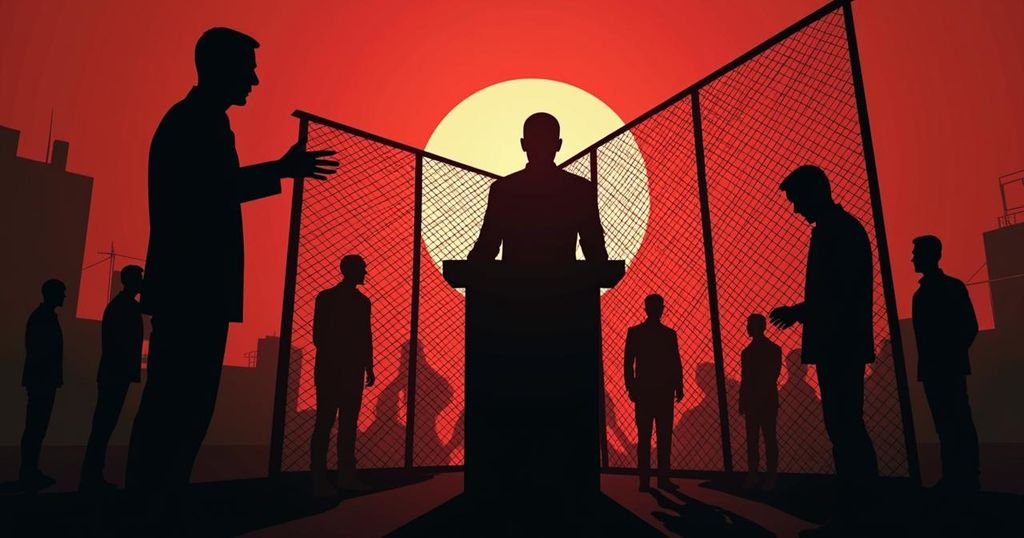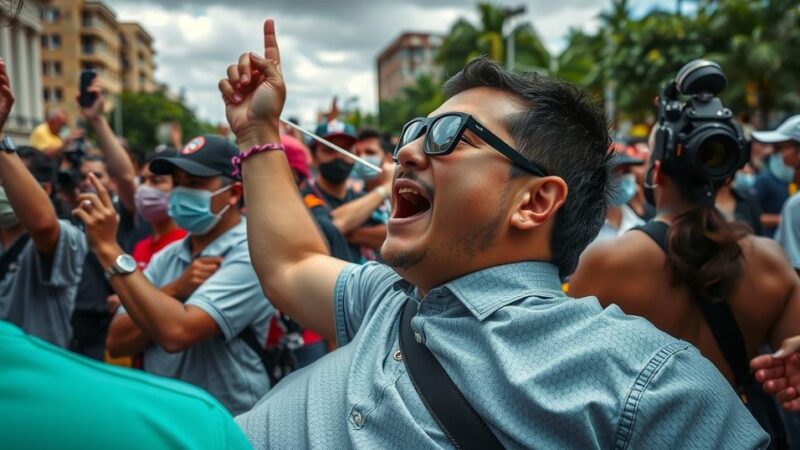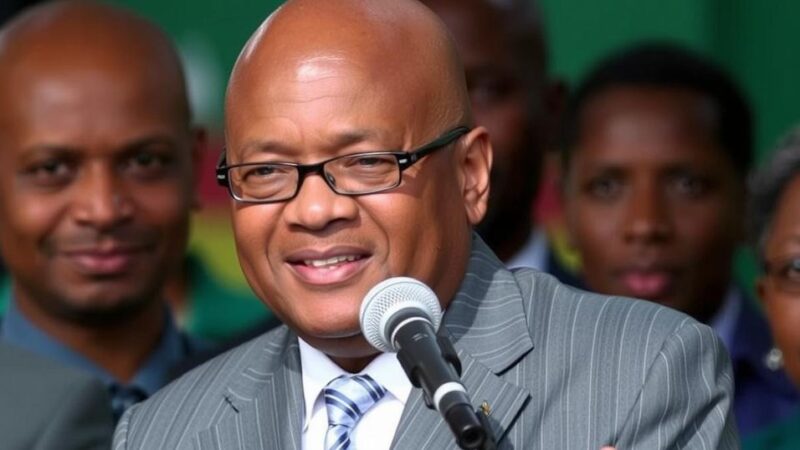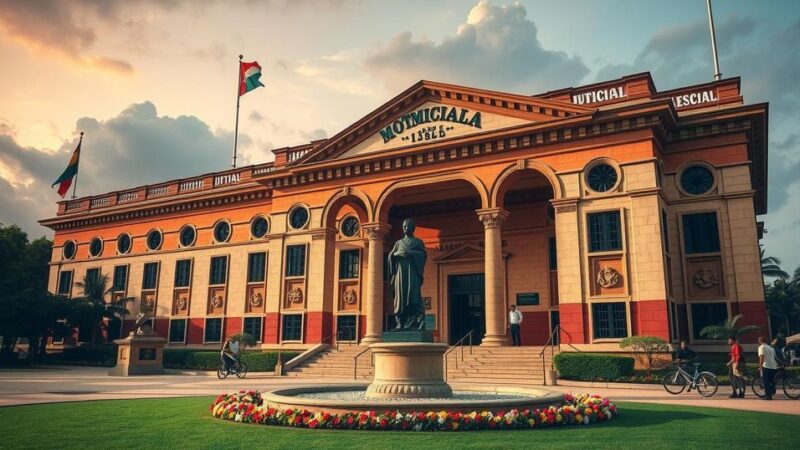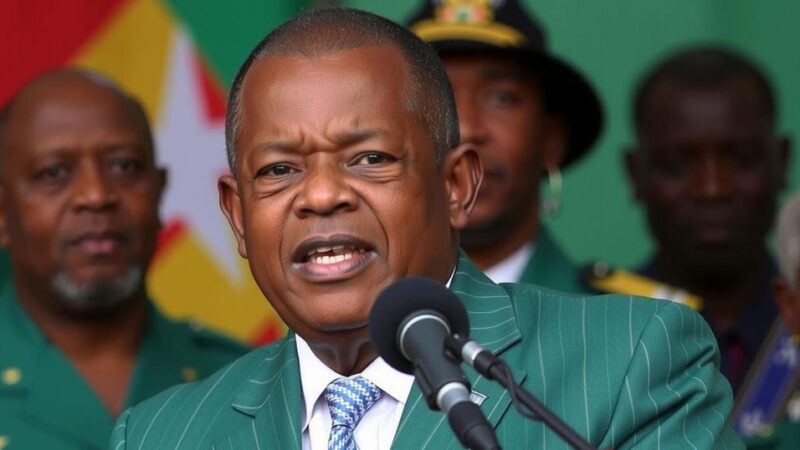On October 6, 2024, Tunisia held a presidential election characterized by low turnout, with under 30% of the electorate participating. President Kais Saied faced two challengers: imprisoned Ayachi Zammel and Zouhair Maghzaoui. Despite a poor turnout, some citizens felt compelled to vote as an obligation. The political climate remains fraught with discontent due to Saied’s consolidation of power and the arrest of opposition figures, fueling claims of an authoritarian drift in Tunisia’s governance.
On October 6, 2024, Tunisians cast their votes in a presidential election that saw a significantly low voter turnout of under 30%. The election featured President Kais Saied, his imprisoned opponent Ayachi Zammel, and former supporter Zouhair Maghzaoui, who has now turned against him. Despite the poor attendance, some citizens emphasized their obligation to participate in the electoral process. The atmosphere across the capital was notably apathetic, showcasing little sign of electoral engagement amidst ongoing arrests of opposition figures. Though Saied invoked emergency powers in 2021, changing the constitution to enhance presidential authority and suspending the parliament, polls suggested he would likely secure re-election as his main challengers remained incarcerated. While many in the opposition boycotted what they deemed an authoritarian election, certain voters felt it was their civic duty to exercise their right to vote. By the time polling stations closed, approximately 2.7 million individuals had voted, which is a decrease from previous election cycles but still reflects greater participation compared to the last parliamentary elections with a turnout below 12%. Ultimately, Saied’s election commission limited the candidate pool to three, ignoring a court ruling that could have reinstated disqualified candidates. Zammel’s imprisonment further spotlighted the contentious political climate surrounding this electoral process.
After the Arab Spring, Tunisia was regarded as a beacon of democratic change, having overthrown its longtime dictator. However, the political landscape has grown increasingly troubled. Since his election in 2019, President Kais Saied has faced significant discontent over economic issues and has instituted measures, including suspending parliament and amending the constitution, that some claim undermines democratic norms. The political environment has been marred by widespread arrests of dissenters, limiting the scope of genuine electoral competition and leading to questions about the legitimacy of the electoral process. The current election marks a crucial moment for Tunisia, as it must navigate its post-revolution identity within a context of significant voter disengagement and political repression.
In conclusion, the presidential election in Tunisia reflects a disheartening narrative of political disengagement and authoritarianism. With substantial voter apathy and the imprisonment of significant challengers, the electoral landscape appears to favor President Kais Saied, thereby raising concerns about the future of democracy in Tunisia. The electoral process, framed by the exclusion of many candidates and marred by political unrest, underscores the ongoing struggle for political freedom and civic engagement in the nation.
Original Source: apnews.com

